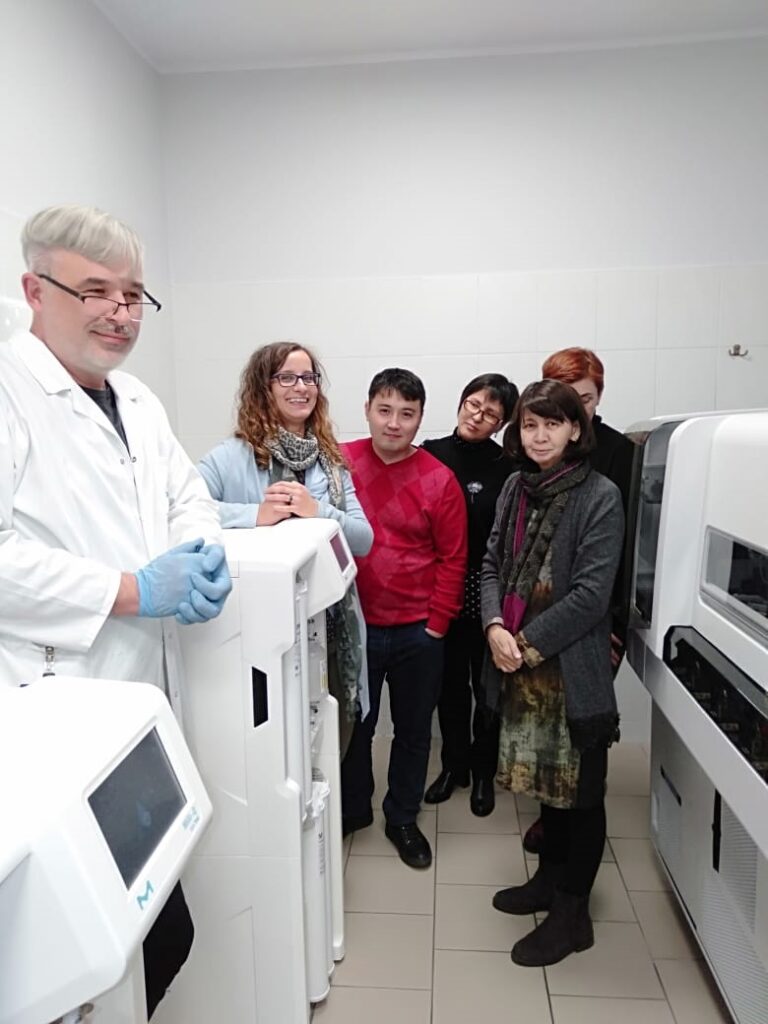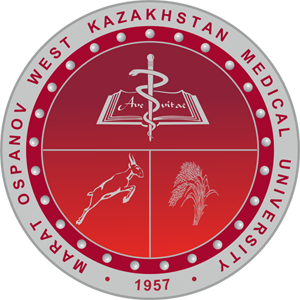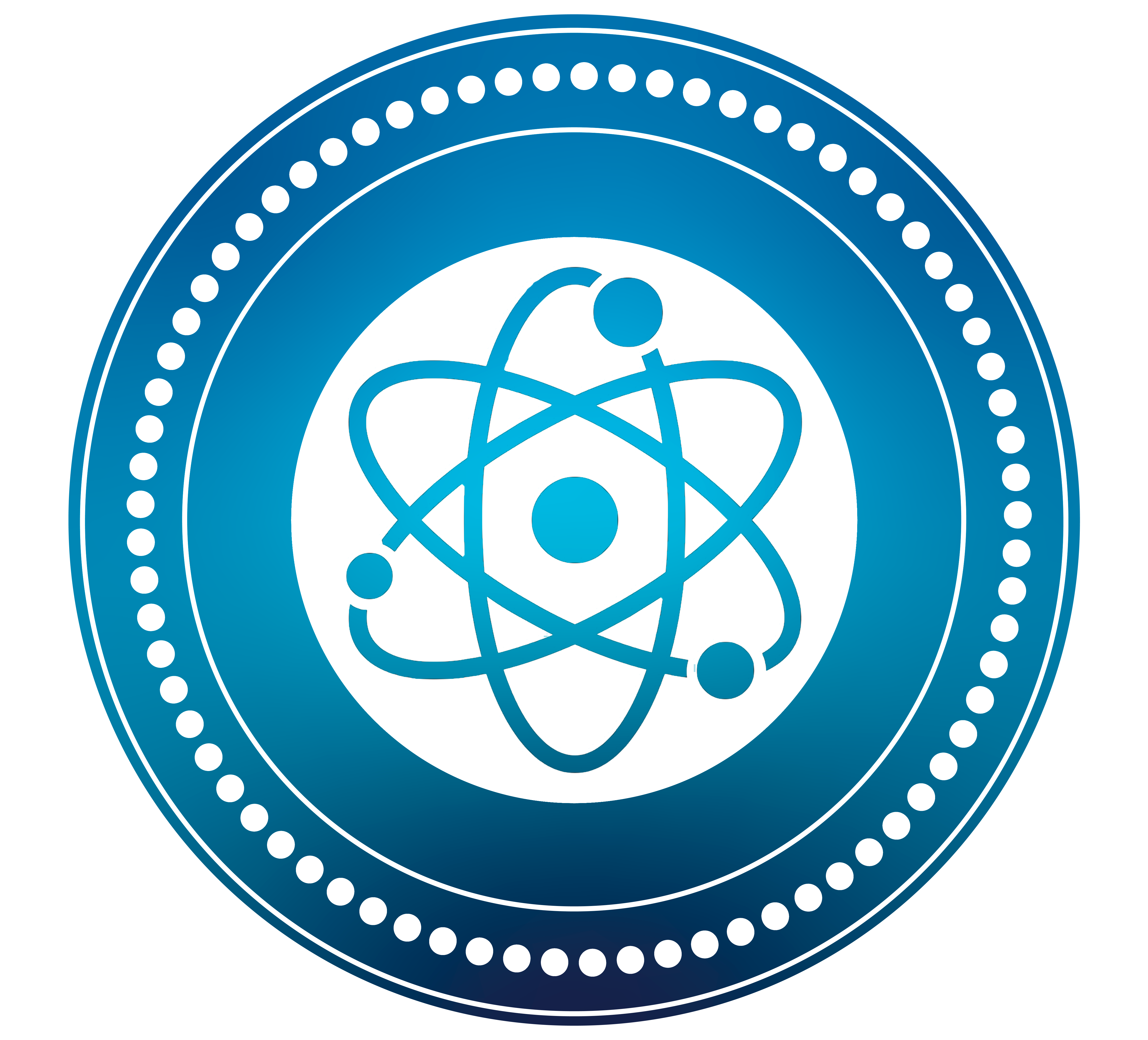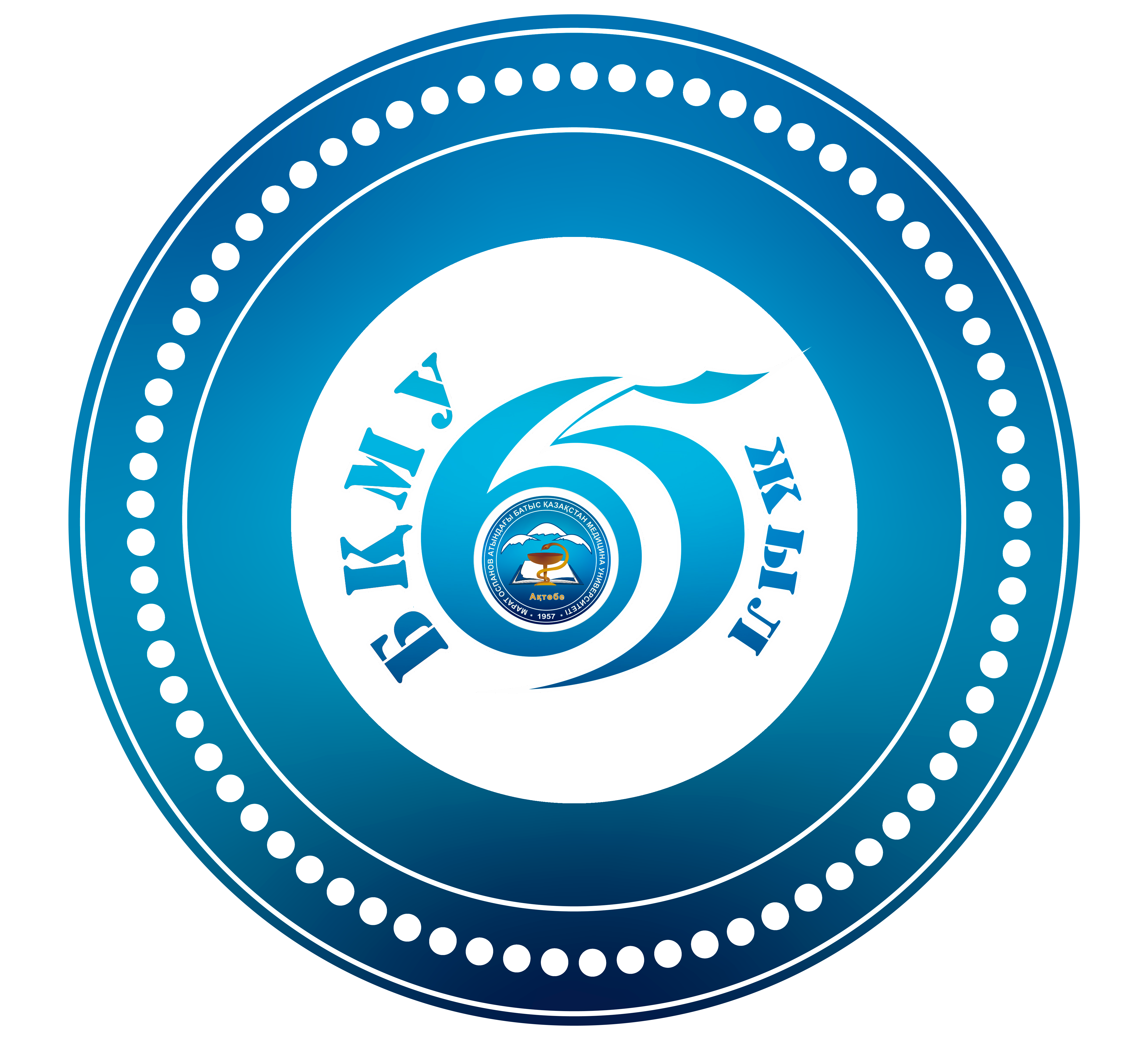“Oncology: Oncological Laboratory Diagnostics” training at Poznan Medical University

A training course for oncology teachers of West Kazakhstan Marat Ospanov Medical University: Oncology Laboratory Diagnostics was held at PUMN, Poznan University of Medical Sciences, Universytet Medyczny im. Karola Marcinkowskiego. Employees of WKMOMU R.A. Aringazina, V.I. Kononets, G.A. Sultanbekova, A.B. Zharylgapov, A.K. Zhylkybekova took part in lectures and workshops.
During the training participants are able to get acquainted with the features of teaching the subject at Poznan Medical University.
Professor Slawomir Michalak acquainted the training participants with the structure of the laboratory diagnostics course in neuro-oncology and the diagnosis of emergency conditions in neurology (strokes), presented the developed system for improving the diagnosis of these conditions by saving time. Laboratory equipment used for this purpose was also presented.
There is a sufficiently large number of methods, which are easy to use. But they can significantly reduce the time, increase the prognosis of survival, and improve patients` quality of life. The workshop included clinical cases from the practice of Professor Michalak.

Professor Ewa Wysocka delivered a lecture on the features of clinical laboratory diagnostics in geriatrics. It was especially emphasized that students should consider pathobiochemical and pathophysiological changes during various pathological processes at the same time, i.e. programs of clinical biochemistry and clinical pathophysiology should be combined in time. They should also be correlated in time with specific clinical subjects, depending on which aspect of metabolic disorders and the state of the body is currently being considered. Classes were held at the oncological hospital. The methods used for the diagnosis of malignant neoplasms of various localization were presented by the head physician of the oncology clinic – Professor Rodrig Ramlau and Professor Dariusz Izycki – coordinator for cancer treatment programs.

Particular attention was paid to highlighting the interdisciplinary nature of laboratory diagnostics, which gives it unique clinical significance.
The main idea of the training is the need to improve the educational process in laboratory diagnostics and, in particular, oncological laboratory diagnostics in WKMOMU, which should ensure the successful training of future doctors of various specialties in this area.



 Marat Ospanov West Kazakhstan Medical University
Marat Ospanov West Kazakhstan Medical University




